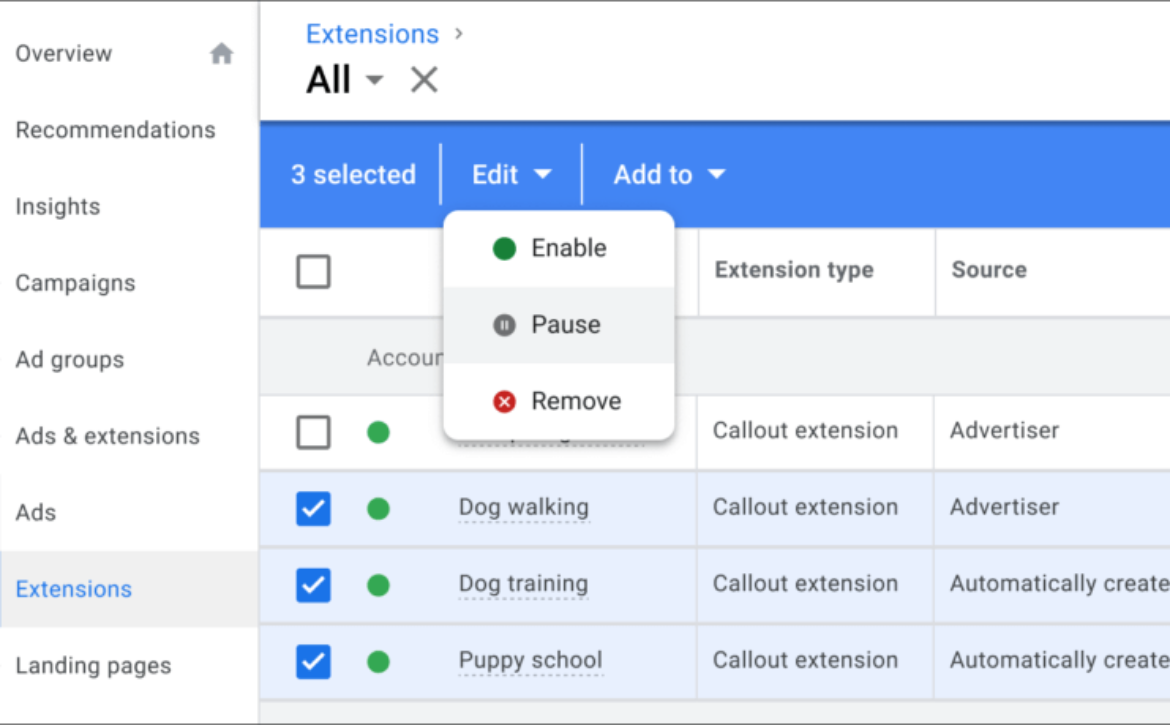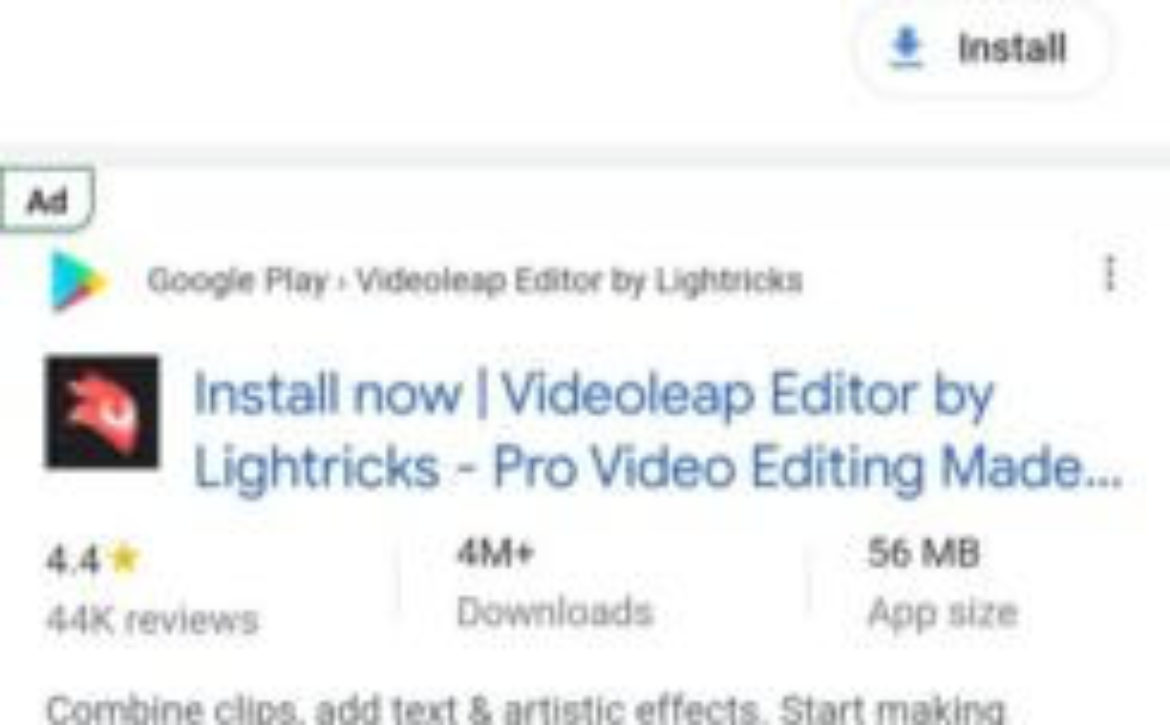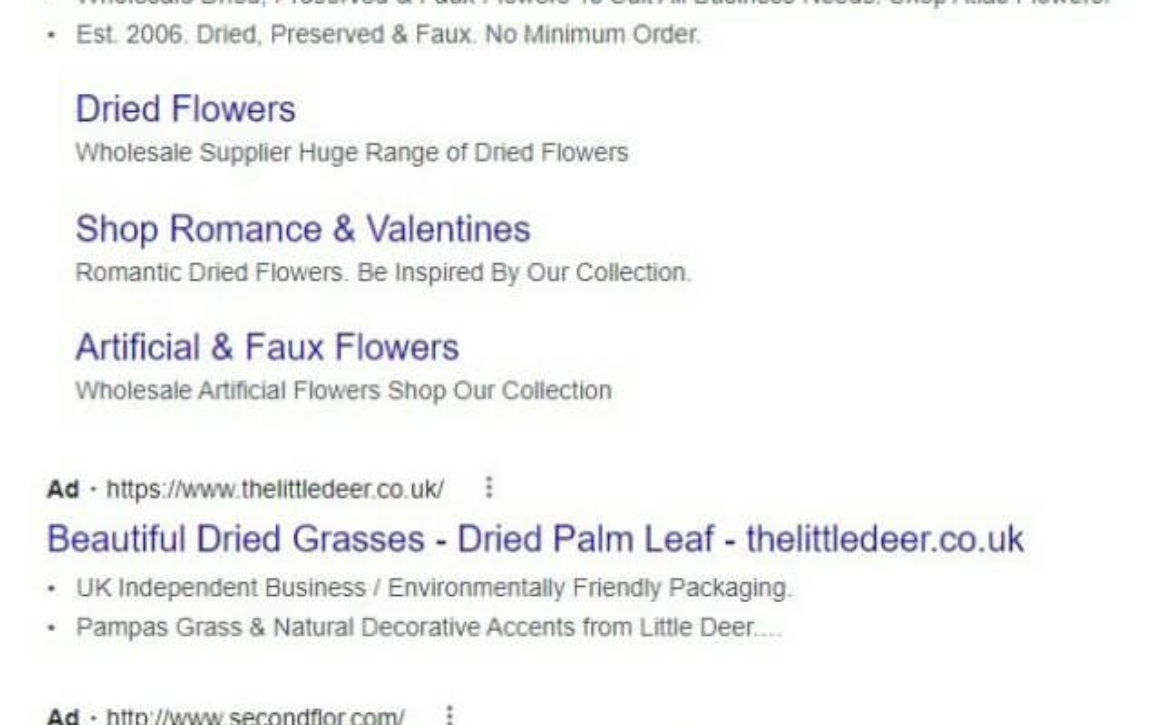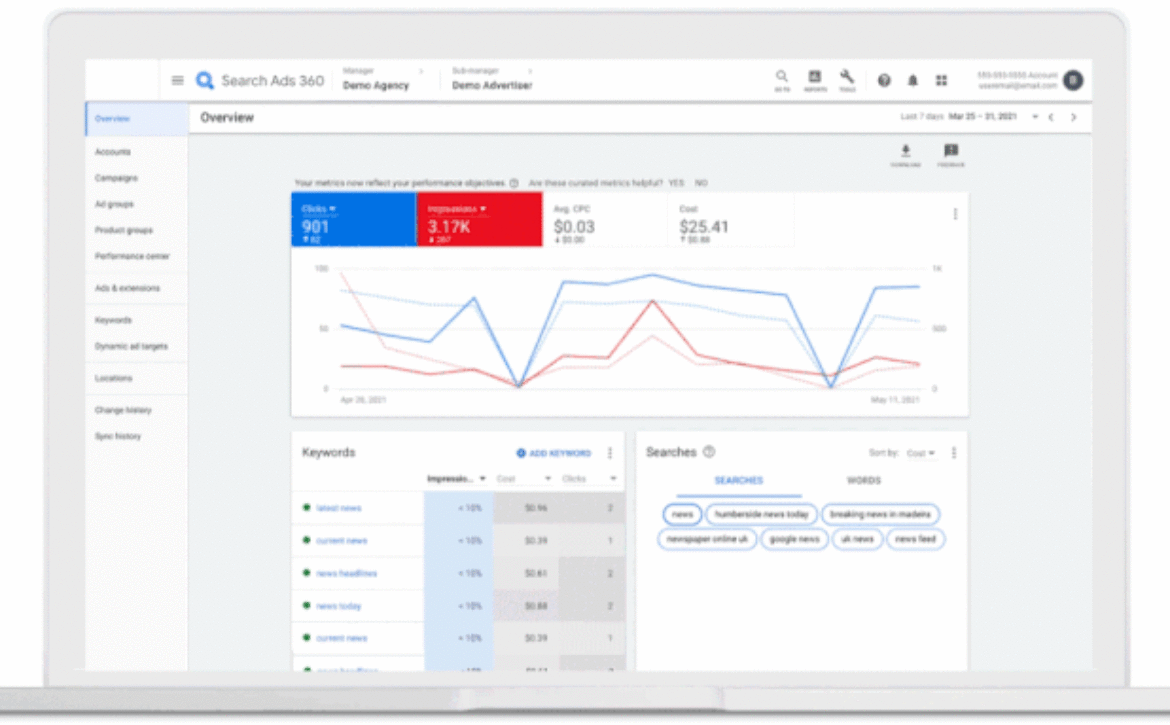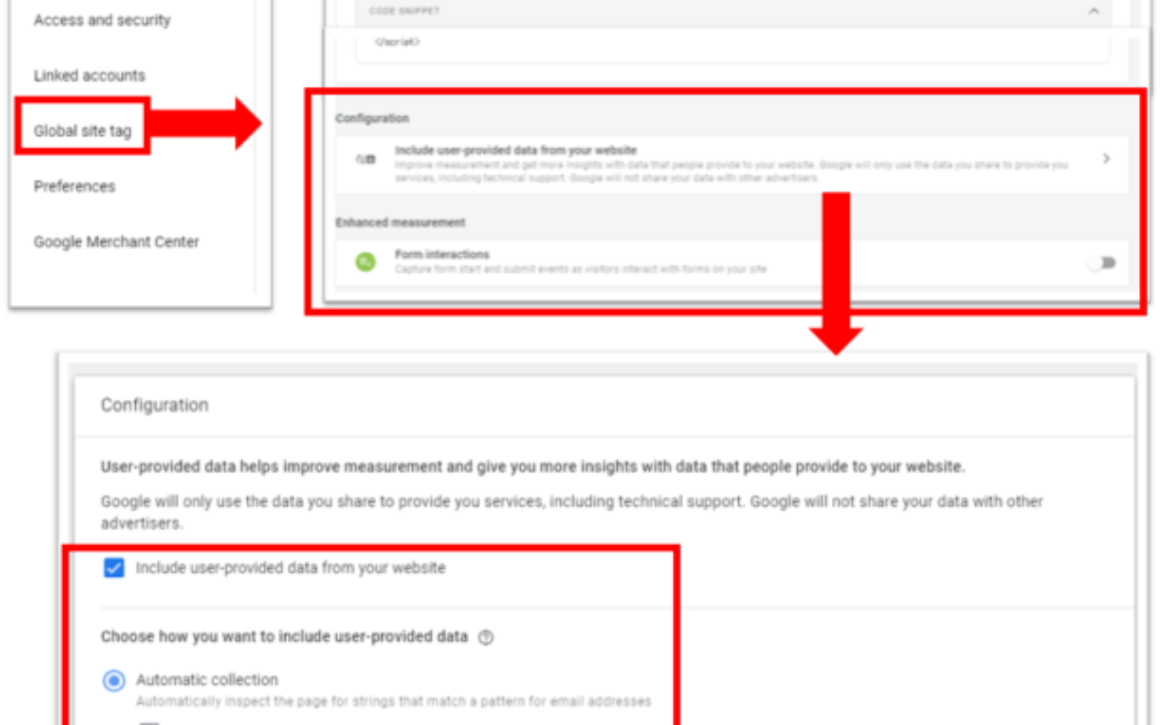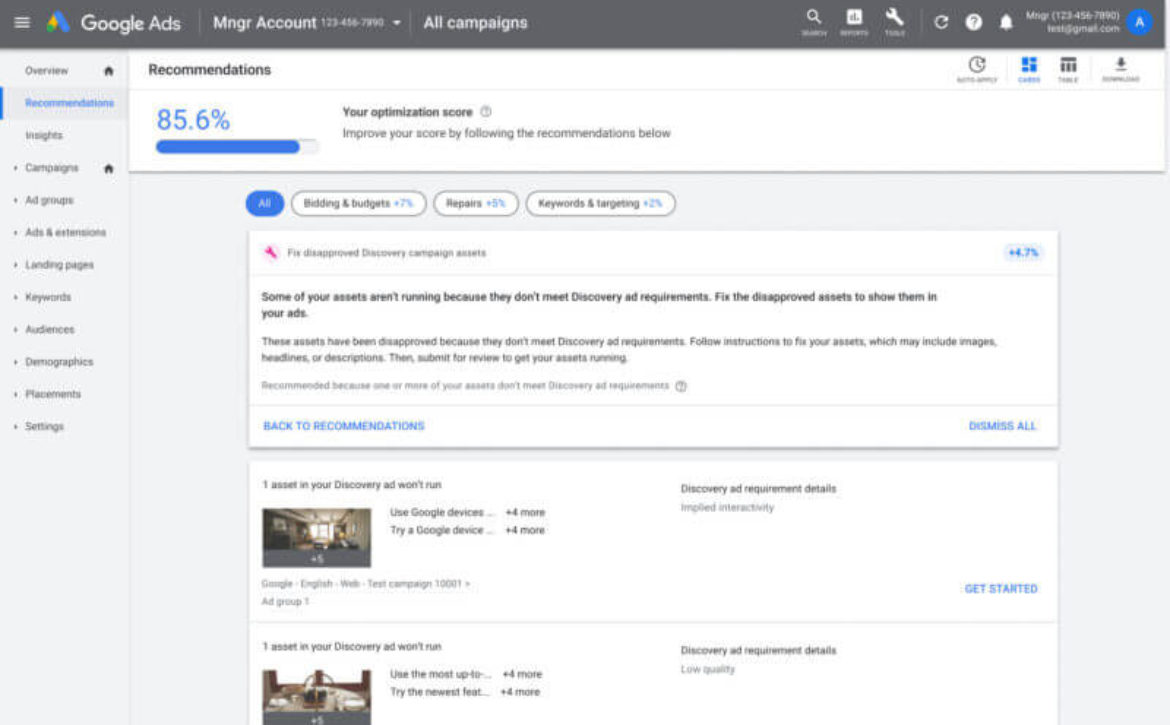Google vs. Edible Arrangements: Court rejects ‘theft’ claim
The Supreme Court of Georgia has rejected an attempt by Edible Arrangements to sue Google for theft, conversion, and racketeering. This legal fight dates back to 2018, when Edible Arrangements, which sells fruit baskets, platters and other treats, filed a federal lawsuit against Google for trademark infringement and unfair competition.
The claim. Edible IP, which owns the trademarks and intellectual property of Edible Arrangements, claimed that Google selling the keyword “Edible Arrangements” to competitors violates Georgia law. Edible said Google began auctioning the “Edible Arrangements” keyword to advertisers in “approximately 2011.”
This amounted to “theft” because Google never contracted with Edible IP for the right to use the Edible Arrangements name. The Georgia case was not about trademark infringement. It was about Google directly selling its name and “goodwill” to competitors.
One other thing to note is Google’s Advertising Policies Help page, which states: “We don’t investigate or restrict trademarks as keywords.” That means anyone can bid on your branded terms.
The decision. Not surprisingly, the court sided with Google. Selling keywords doesn’t rise to the level of theft. According to the ruling:
“… trade names are only protected from use by others to the extent that such use is deceptive or there is a likelihood of confusion by the public. … The common law likewise does not provide a basis for Edible IP’s civil theft claim. Under the common law, a cause of action based on the use of a trademark or trade name has also generally been predicated on either an intent to cause consumer confusion or the likelihood of creating confusion or misunderstanding.”
EDIBLE IP, LLC v. GOOGLE, LLC
In short, Edible IP failed to argue that Google’s usage of the Edible name led to any consumer confusion or that Google had any intention to deceive the public, according to the court.
You can read the full ruling here.
Why we care. If you work for a brand or business and find yourself in a similar situation where others are using your trademark or name as keywords on Google Ads, the odds are not going to be in your favor. Google has faced and won numerous (though not all) cases involving trademarks over the years. This ruling doesn’t change anything in how Google Ads works or you do your day-to-day job, but this is a good reminder that it’s always important to understand what keywords you can and can’t use in your search ads.
Here’s some past Search Engine Land coverage of similar cases:
- Google To Allow Trademarks To Be Used In AdWords Copy In US (2009)
- Google Wins Legal Battle Over AdWords Trademark Issue In Europe (2010)
- Google And Rosetta Stone Agree To Settle Suit Over Trademarked Keywords (2012)
- Interflora Wins Five-Year Battle Over Google AdWords Trademark Infringement (2013)
The post Google vs. Edible Arrangements: Court rejects ‘theft’ claim appeared first on Search Engine Land.



